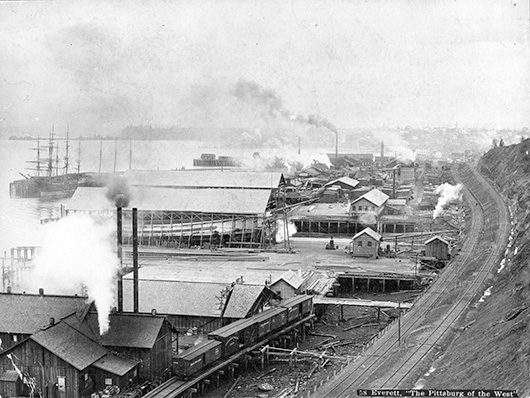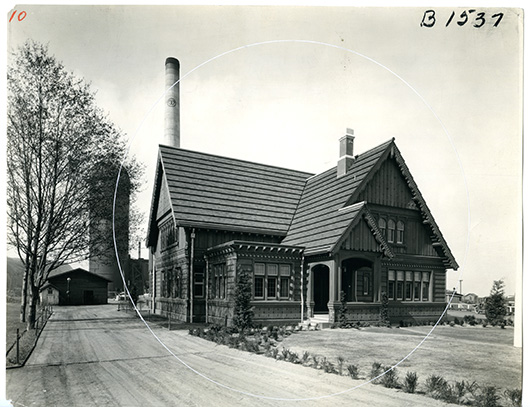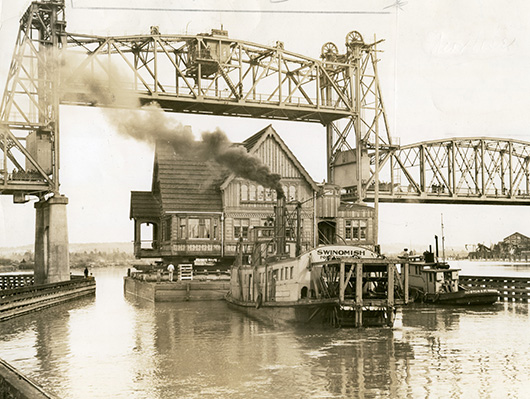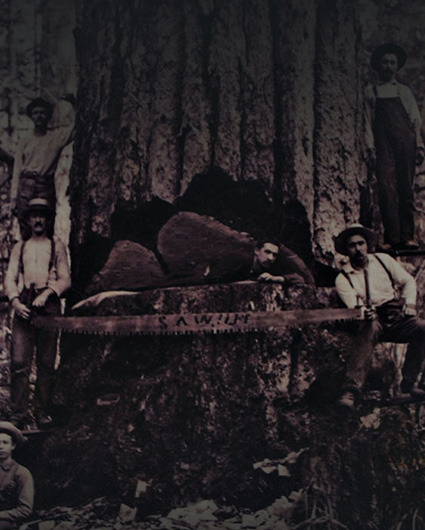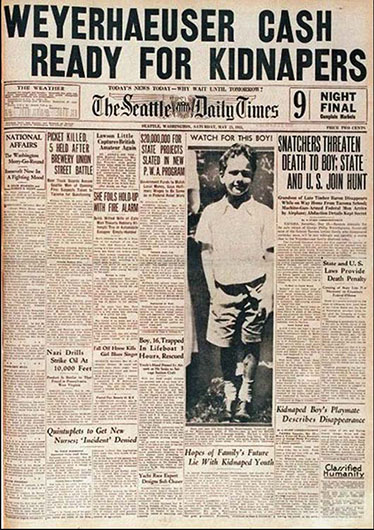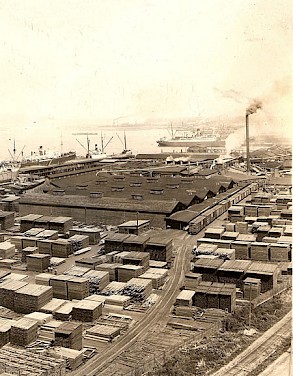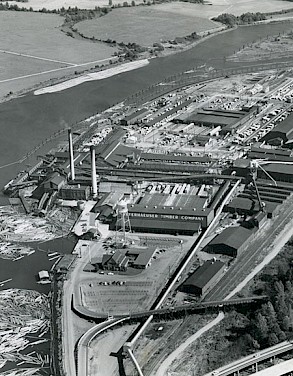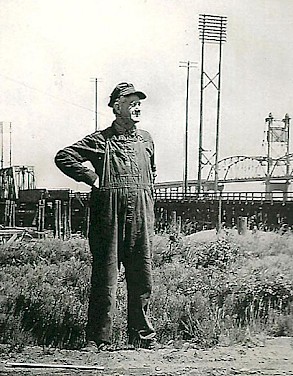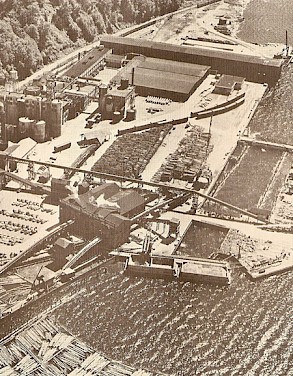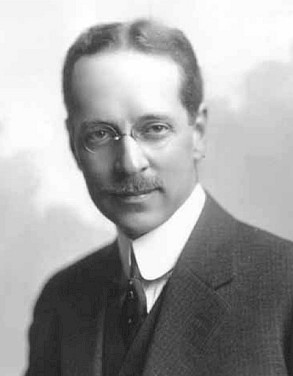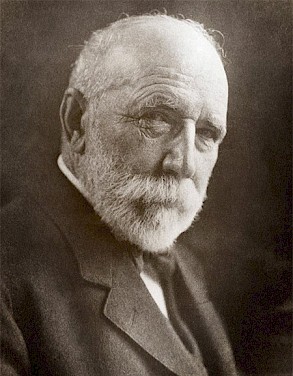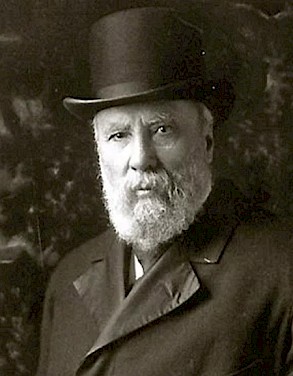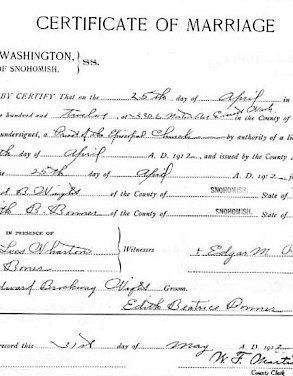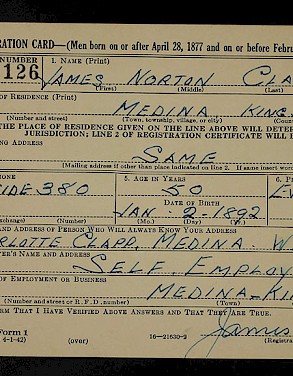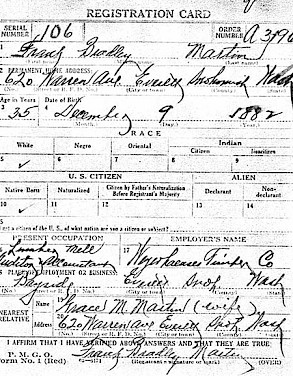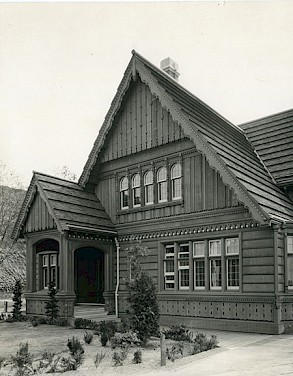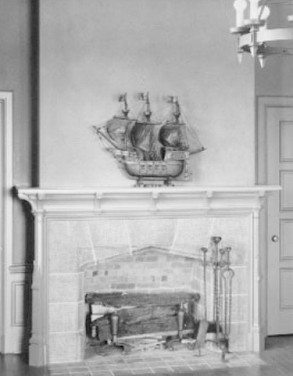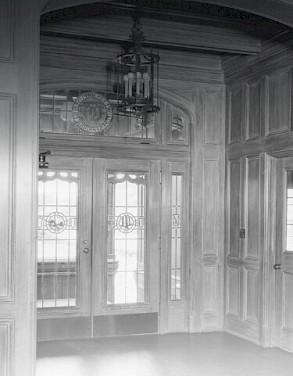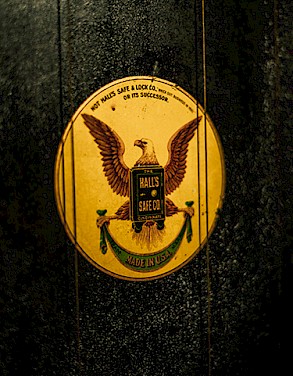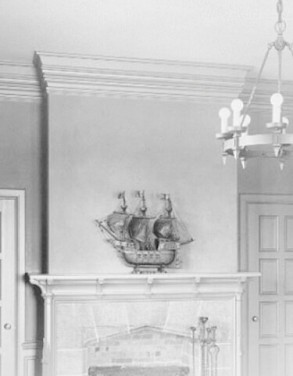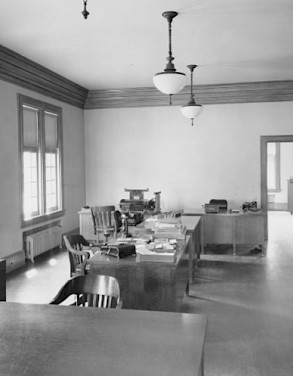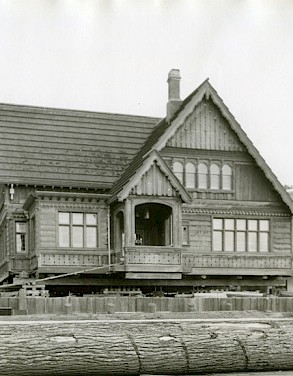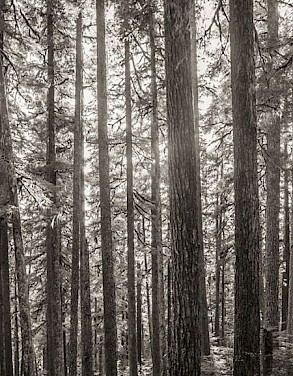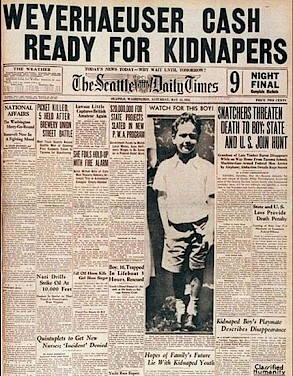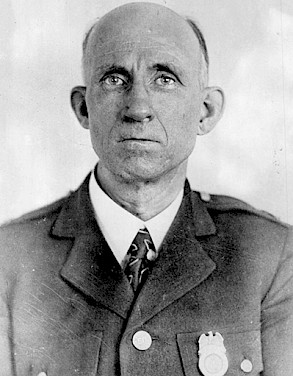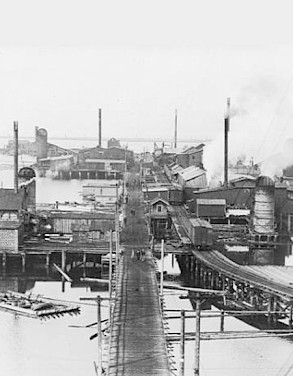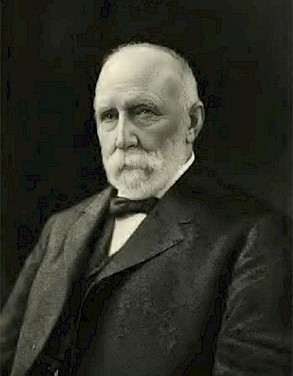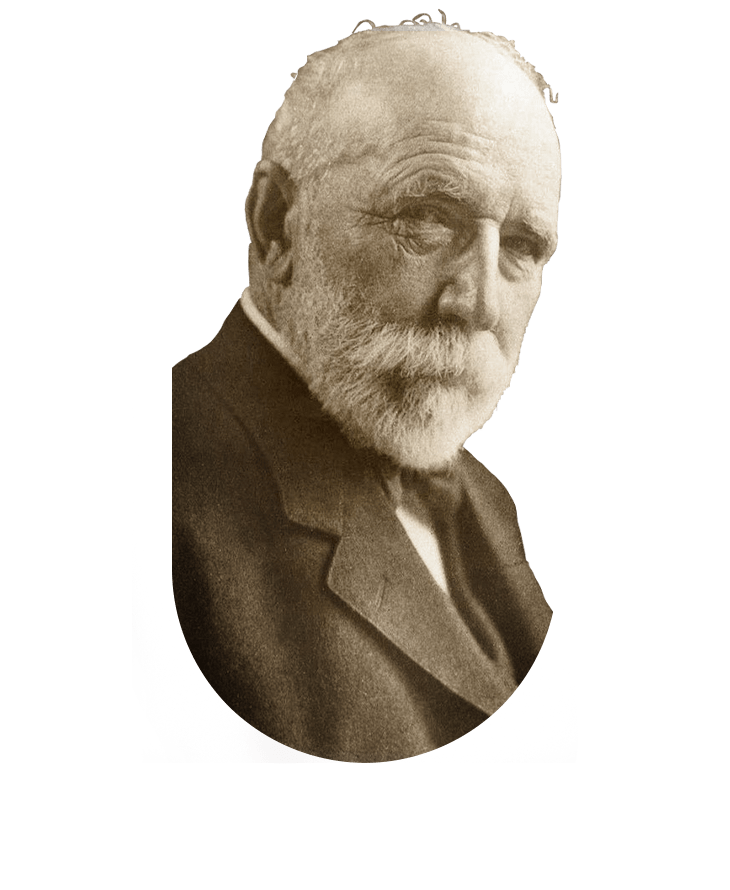

Frederick Edward Weyerhaeuser Sr. (1834-1914) was the founder of the Weyerhaeuser Timber Company. Nicknamed “The Lumber King,” Weyerhaeuser owned more acres of standing timber than any other American.
-
How many companies did he control to receive the nickname “The Lumber King”?
Throughout his reign as “The Lumber King,” he never changed the names of firms that he controlled, but he was president of 16 lumber companies and a large shareholder in 30 others.
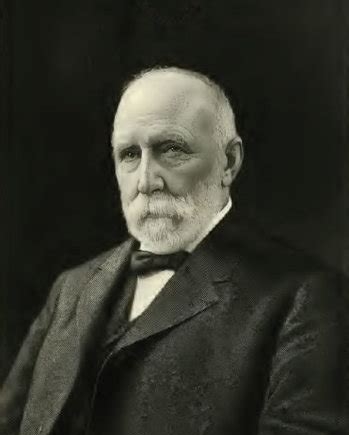
The Birth of a Legend.
Frederick Weyerhaeuser was born Nov. 21, 1834, in Nieder-Saulheim, Germany. He was one of 11 children who helped out on the family's 15-acre farm with a 3-acre vineyard.
A New Home.
Weyerhaeuser’s family emigrated to the United States in 1852. With the money from selling his family farm and vineyard in Germany, Weyerhaeuser settled in Rock Island, Illinois four years later.
An American Family.
In 1857, he married Sarah Elizabeth Bloedel. They had seven children together: John, Elise, Margaret, Apollonia, Charles, Rudolph and Frederick Jr.
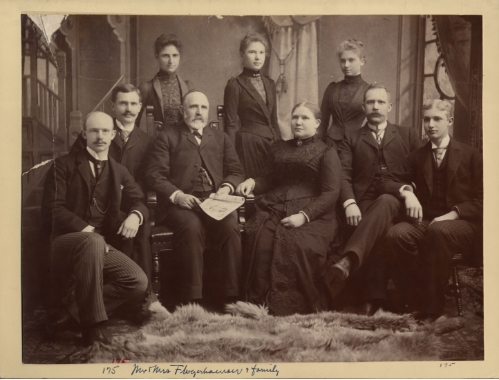
He worked at his brother-in-law’s brewery and on the construction of the Rock Island and Peoria Railroad – but it wasn’t until he landed a job at the Mead, Smith and Marsh sawmill that Weyerhaeuser found his calling. He worked his way up the ranks from night fireman, to tallyman, then yard manager and salesman. When the company opened a new yard in Coal Valley, he was sent to manage it.
First Mill Ownership.
When the Illinois mill fell bankrupt in 1860, Weyerhaeuser partnered with his brother-in-law to purchase it.
An American Lumber Network.
In 1872, Weyerhaeuser organized the Mississippi River Logging Company. It was a network of American lumber interests with himself as the only link.
Settling in St. Paul.
Frederick E. Weyerhaeuser moved his family and the Weyerhaeuser-Denkmann Lumber Company headquarters to St. Paul in 1891. He paid for the right to harvest timber in Wisconsin and Minnesota forests.
A Timber Sale for the Books.
In 1900, railroad director James J. Hill worked to build up Everett’s lumber industry, selling Frederick E. Weyerhaeuser, his neighbor in St. Paul, timberlands that were in Northern Pacific Railroad control.
Sale Included
acres of timberlands under Northern Pacific Railroad control
Purchase price
about $6 per acre
With the sale, the Weyerhaeuser Timber Company was formed.
Investigated by State Congress.
In 1906, a muckraking journalist called Weyerhaeuser “richer than Rockefeller” and claimed he had built his fortune by destroying forests and committing fraud. A year later, state congressional investigators studied whether the lumberman had violated anti-trust laws. Their findings led to a court order that dissolved his company’s General Paper arm.
Testifying Before Congress.
Weyerhaeuser denied that his holdings amounted to a monopoly on lumber. Testifying before Congress in 1911, he defended his business practices and insisted that his actions were lawful.
Loss of a Legend.
Weyerhaeuser died on April 4, 1914, in Pasadena, California, at 79. He was buried in the Weyerhaeuser family mausoleum in Chippiannock Cemetery in Rock Island, Illinois.
Recognizing "The Lumber King.”
In 1978, he was inducted into the U.S. Business Hall of Fame for his contributions to the lumber industry.
One of the Richest Americans Who Ever Lived.
It is estimated that at the time of Weyerhaeuser's death, he was worth over $100 million.
His net worth today is
by a 2023 estimate
-
Was "The Lumber King” Generous with his Wealth?
The eighth-richest American of all time, Weyerhaeuser donated to the Presbyterian House of Hope, Macalester College, the Union Gospel Mission and the Weyerhaeuser Foundation.
A Leading Lumber Producer.
Today, the Weyerhaeuser Company continues on as a leading lumber producer and landowner in the U.S. – and a world leader in lumber sales.
The company owns nearly 12.4 million acres of timberlands in the U.S. and manages an additional 14 million acres in Canada. The Seattle-based company was family-run until 2022.







